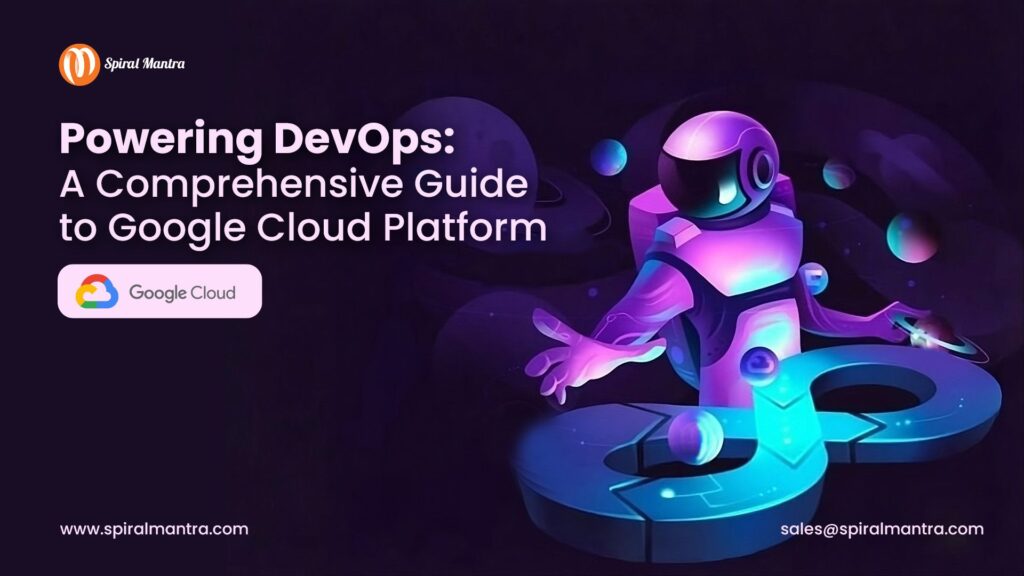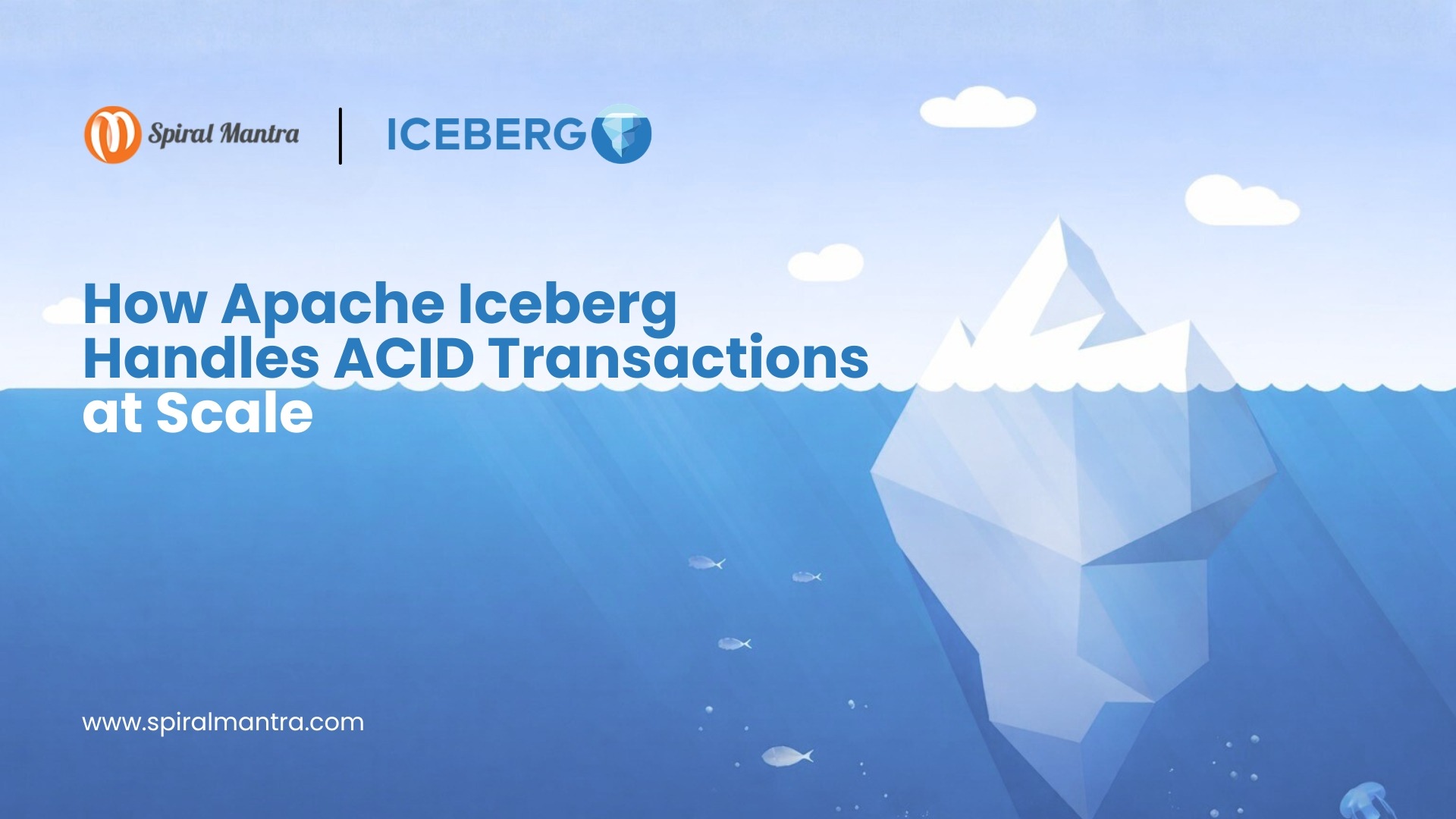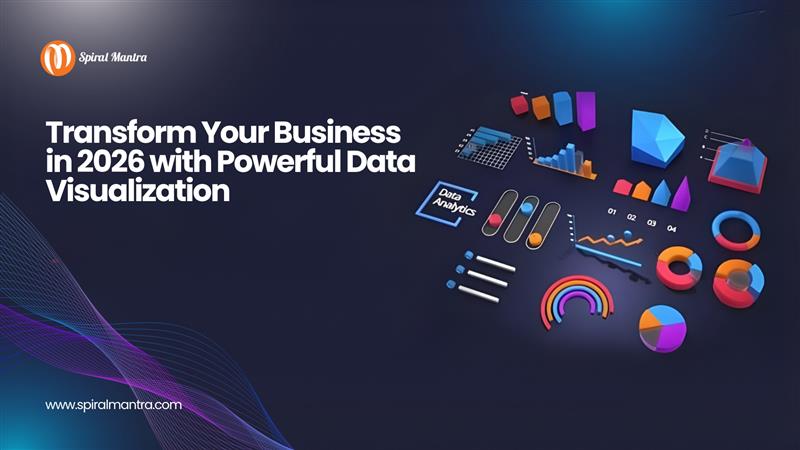
Driving DevOps Efficiency with GCP
Digital transformation has become a new norm for businesses everywhere because it signifies the need for stronger, scalable, agile systems than ever before. And that’s where DevOps and cloud infrastructure like GCP enter the picture. The Google Cloud Platform has emerged as a powerhouse offering services that will assist teams in overall development and operations lifecycle by automating processes. This post will cover everything about the GCP Google Cloud Platform and how businesses can utilize it for development. However, before anything else, you should just get a full definition of what is Google Cloud Platform? A stunning utility computing solution by Google, GCP provides tools and infrastructure services for all of today's software development and IT environments. There’s computing, storage, networking, machine learning, big data, and Kubernetes orchestration—it has something for any scale. GCP Google Cloud Platform is more than just a utility computing service, as it enables automation, scaling, and final collaboration throughout the software/ app development lifecycle. Spiral Mantra DevOps solutions can automate the monitoring and analysis of business applications with CI CD pipeline integration, ultimately aiming to save big. Click to know our best DevOps Consulting services.Understanding the GCP Google Cloud Platform Ecosystem
Google Cloud Platform Software offers a complete set of utility computing services, hosted on the same platforms Google has internally in use for its end-user products. With this solid foundation, GCP is a perfect option for any organization that is considering implementing or expanding DevOps practices.Key Components for DevOps Success
-
Google Cloud Console: Your Management Center
- Can impactfully create and install projects.
- Install and host virtual machines (VMs) and containers.
- Integrate CI/CD pipelines.
- Handle network and security policies.
- Allocation and management software of resources.
- Authentication and protection options.
- Built-in billing and cost control functions.
-
Container Management on Google Kubernetes Engine (GKE)
- Automated container orchestration
- Built-in scaling capabilities
- Simplified cluster management
-
Continuous Integration/Continuous Deployment (CI CD Pipeline)
- Cloud Build to build and test automation.
- Container Registry: Secure Image Stores.
- Cloud Deploy managed deployment to GKE clusters.
- Version Control repository (Source Repositories)
Security and Compliance in GCP Google Cloud Platform
Identity and Access Management (IAM)
GCP IAM gives you fine-grained access to resources:- Role-based access control (RBAC)
- Service accounts for automated activities
- Resource hierarchy management
- Audit logging and reporting for compliance
Security Features
Google Cloud Platform software includes robust security measures:- Cloud Security Command Center
- Cloud Asset Inventory
- Security Health Analytics
- Container-Optimized OS
Adopting DevOps on the GCP Google Cloud Platform
The complete process involves multiple stages and steps, starting from infrastructure provisioning to CI/CD pipeline integration. Refer to the general steps below:Infrastructure as Code (IaC) with CDM
The starting point for DevOps on GCP is a repeatable, automated system, as IaC is mandatory to keep infrastructure up and running. With Google Cloud Deployment Manager, teams can mark up their utility computing resources in YAML or JSON formats and push them out, reducing manual configuration and the possibility of errors.Configure CI/CD pipelines for Greater Source Repositories.
Build, test, and deploy cycles are next to be automated. Set up Cloud Build and join its source repositories (or other third-party Git repositories) to build a powerful CI/CD pipeline for DevOps teams. Cloud Build automates compilation, testing, and pushing to production.- Configure triggers to build every time the repository is updated.
- Write tests to check code changes won’t break the system.
- Automatically deploy to staging/production for faster, more predictable release cycles.
Google Kubernetes Engine Containerization
With Google Kubernetes Engine, teams can host Kubernetes clusters and container scale with GKE. It is easy to deploy and scale and comes with automated cluster management, logging, and monitoring features. In containerizing applications, DevOps teams can run the code in any environment (on-premise or in utility computing) and minimize the time to provision new environments.Monitoring and Logging with Cloud Operations Suite
Monitoring applications and infrastructure for performance bottlenecks, security holes, or system failures is a fundamental DevOps task. That data can be leveraged to optimize performance and catch problems before they go to the users.- Implement cloud monitoring dashboards for application and infrastructure statistics.
- Set up utility logging to log system and application activity.
- Observe latency and identify bottlenecks in your microservices architecture with Cloud Trace.
Best Practices of Google Cloud Platform Software That One Should Know
No Servers to Keep Up With: Launch the code, and Google executes it and scales it. It includes all the infrastructure, goes after the code, and creates applications faster than ever. Scales automatically: cloud functions used by it automatically scale the underlying infrastructure as the workload size. Executes code in the event—a GCP function that will fire the code from Google Cloud Platform, Firebase, and GA, or it can be invoked from the web, mobile, or backend application via HTTP. Connects and extends services (GCP, Firebase, GA, third-party services) as edifices, hooks to it, extends with code, and quickly scales this to production. Familiar and open: It supports JavaScript (JS), Node.js, and Python code. No new languages, tools, or frameworks to master — it just adds code — native libraries — to the platform.Spiral Mantra's Expertise in GCP DevOps
Spiral Mantra brings out extensive experience in the rollout and optimization of DevOps on GCP. Our team of experts provides:Comprehensive Assessment
- Infrastructure evaluation
- Performance analysis
- Security audit
- Cost optimization recommendations
Implementation Services
- CI/CD pipeline setup
- Kubernetes cluster configuration
- Monitoring and logging implementation
Ongoing Support
- 24/7 monitoring and maintenance
- Performance optimization
- Security updates
- Training and knowledge transfer
Maximizing ROI with Google Cloud Platform Software
In order to get the best ROI from Google Cloud Console, companies must:Optimize resource usage via the Google Cloud console, Spiral Mantra assists clients:
- Monitor resource utilization
- Implement auto-scaling
- Optimize storage solutions
- Reduce unnecessary costs
Automate work by implementing automation strategies for:
- Routine maintenance tasks
- Backup and recovery
- Security patches
- Performance monitoring
Facilitate team collaboration by configuring GCP Google Cloud Platform tools to:
- Improve team communication
- Streamline workflow
- Enhance visibility
- Increase productivity
Maximizing GCP Success with Spiral Mantra
Google Cloud Platform gives you a lot of tools, but putting it to work requires expertise, which we have. By accessing Spiral Mantra’s DevOps consulting services, you will leverage the following:Expert Implementation Services
- Architecture design and implementation
- Migration planning and execution
- Performance optimization
- Security hardening
Continuous Support and Optimization
- 24/7 monitoring and support
- Regular security audits
- Cost optimization reviews
- Performance tuning

